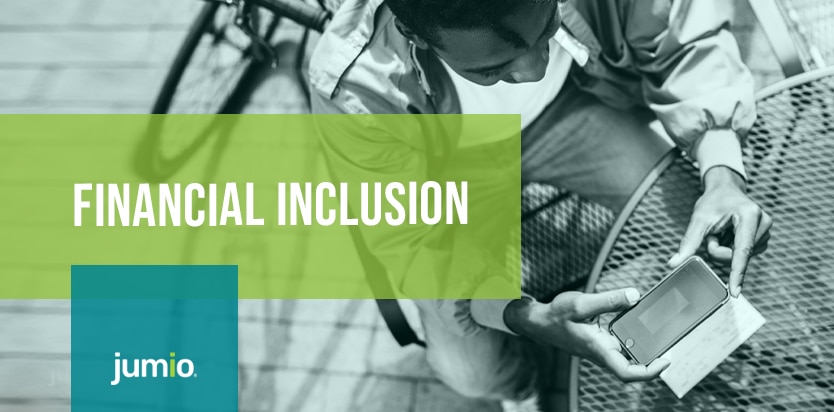
The COVID-19 pandemic forced many brick-and-mortar companies to move online, including banks and financial services. Challenger banks and fintechs led the charge, offering everything from savings accounts to mortgages, all online.
One positive outcome of this shift to digital banking is that underserved communities could have better access to financial services than ever before. Instead of having to travel long distances to get to a bank — or paying outrageous fees at a check cashing shop just to cash their paycheck — anyone with an internet connection could now do all their banking online.
At least in theory.
The problem is that many of these online services can make it nearly impossible for some people to open or access their accounts. When the customer tries to show proof of identification, the process is often far too complex, or it simply doesn’t support the identification document (ID) or the technology the customer is using. Worse, in many cases the identity verification technology relies on artificial intelligence (AI) that has been trained on a limited data set, which makes it hard for the technology to verify the customer’s face against their ID photo with reasonable accuracy. On top of that, there are significant concerns about data privacy, especially in marginalized communities.
And yet the need for online financial services is greater than ever. As the world becomes increasingly digitally focused, and money moves more swiftly around the world, it’s essential that people and businesses from all communities — regardless of their socioeconomic status, location or ethnicity — can participate in the digital global economy.
To address this challenge, digital banks and other online services can play a major role in reducing friction and providing equal access to the global financial ecosystem. Some significant hurdles that must be addressed include:
- Minimum deposit requirements for checking accounts
- Fees that are relatively high for people with low income
- Access to loans for small businesses
- Privacy concerns, especially for marginalized communities whose data has been used to discriminate against them
- The bias problem introduced by artificial intelligence that was trained on a limited data set
- The technology arms race against fraudsters and financial criminals, who are constantly evolving their schemes
- Establishing trust with customers around the globe
To learn more about overcoming these challenges and how your business can increase financial inclusion, download our ebook, Democratizing Financial Services Around the Globe, or contact us to start a conversation.

